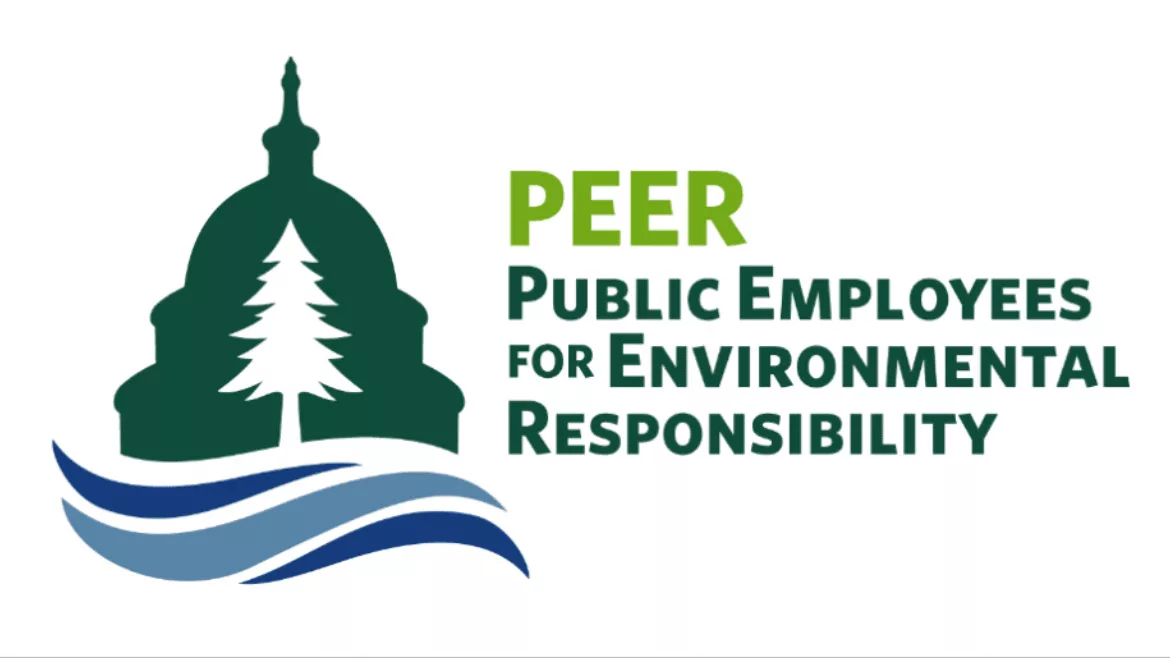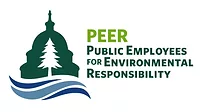PEER: EPA’s latest scientific integrity plan 'big hat, no cattle'
Government employee group calls for 'implementing procedures' at EPA for scientific integrity

After years of development, the U.S. Environmental Protection Agency has produced a new version of its scientific integrity policy, but, unfortunately, it offers few discernible improvements, according to Public Employees for Environmental Responsibility (PEER). The draft policy repeatedly declares its intent to prevent political suppression of scientific information, ensure prompt and full investigation of misconduct allegations, and protect scientists offering differing scientific opinions, but it lacks any concrete rules or procedures to accomplish these goals.
Instead, the draft policy says agency officials will “expeditiously draft…necessary procedures including those on addressing scientific integrity concerns, addressing DSOs [Differing Scientific Opinions], and others such as clearance of scientific product … as needed.”
Notably, these are all issues for which EPA has never drafted implementing rules, even though it has had a scientific integrity policy since 2012. By contrast, some agencies, such as the National Oceanic & Atmospheric Administration, have long had implementing procedures in place for running a scientific integrity program, while EPA has yet to make any observable progress.
“A scientific integrity policy without enforcement mechanisms is just a bunch of hot air,” stated Pacific PEER Director Jeff Ruch, noting the draft does not specify any penalty for violators and even attempts to block disclosure of offenders’ names. “If EPA has been unable to promulgate these rules in a dozen years, why would we expect they will be completed anytime soon?”
At the same time, EPA’s Office of Inspector General (IG) now regards promoting scientific integrity as among the top five management challenges facing EPA under President Biden. In addition, the IG has issued scathing assessments of EPA’s scientific integrity program. However, nothing in the latest EPA draft policy would address these criticisms.
"Impartial science must be the backbone of all EPA decisions," added PEER Science Policy Director Kyla Bennett, a scientist and attorney formerly with EPA. "EPA’s systemic scientific integrity failures are a growing threat to public health,” notes Bennett, pointing to the burgeoning IG investigations into numerous reports by scientists about improper alteration of chemical risk assessments by EPA managers.
The draft is was open for comments by EPA employees through January 31st. After that phase, it is supposed to be made available for public comment. However, if these specific rules are not included, it is unclear whether or when employees or the public can comment on them.
EPA’s action is the latest phase of a government-wide effort launched by President Biden three years ago to Trump-proof federal science by strengthening all agency scientific integrity policies. EPA is the fourth federal agency (after Health & Human Service, the National Institutes of Health, and the Consumer Products Safety Commission) to produce draft policies. However, none of these drafts appear to pose any meaningful check against future political interventions.
One good aspect of EPA’s draft is its limit on a restriction placed on scientists in the other three draft policies forbidding any “statements that might be construed as being judgments of, or recommendations on” any federal policy. EPA would apply this prohibition only when a scientist is “speaking or writing on behalf of EPA.” This caveat significantly narrows this otherwise overbroad constraint on scientific discussion. PEER and allied groups are urging other agencies, especially those who have published draft policies, to follow EPA’s lead on this issue.
See EPA’s new draft scientific integrity policy
Look at a list of policy’s missing pieces
View failure of EPA’s scientific integrity program
Examine IG identifying scientific integrity as among top 5 management challenges
Read latest IG report taking the scientific integrity program to task



